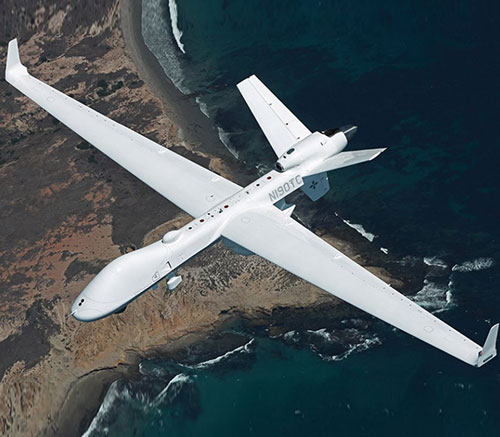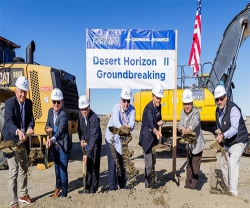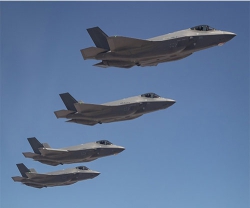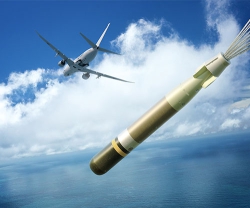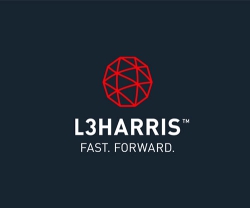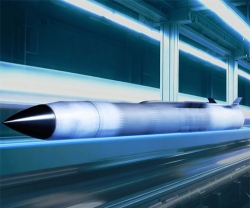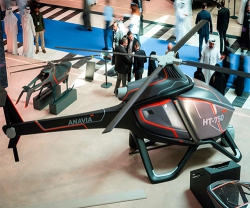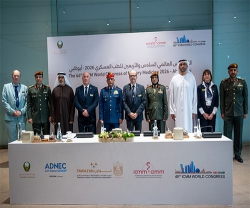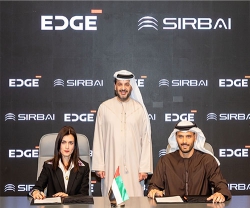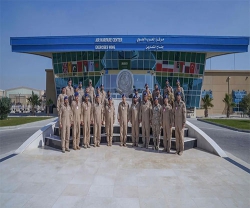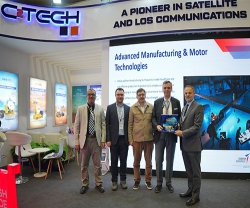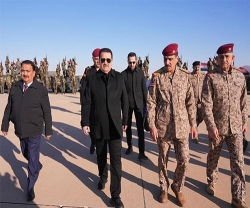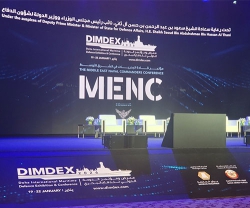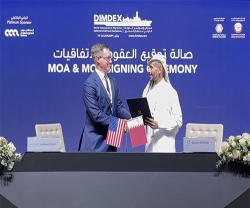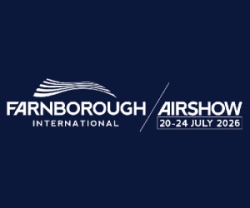General Atomics Aeronautical Systems, Inc. (GA-ASI), a global leader in Remotely Piloted Aircraft Systems (RPAS), kicked off a series of validation flights on Oct. 15 for Japan Coast Guard (JCG) in Hachinohe, Aomori Prefecture, Japan. GA-ASI is working with Asia Air Survey (AAS) in Japan to conduct the flights.
“We appreciate Asia Air Survey’s support in demonstrating how the MQ-9B SeaGuardian® RPAS can provide affordable, long-endurance airborne surveillance of Japan’s maritime domain,” said Linden Blue, CEO, GA-ASI.
“The system’s ability to correlate multiple sensor feeds and identify vessel anomalies provides effective, persistent maritime situational awareness,” he added.
The SeaGuardian flights will validate the wide-area maritime surveillance capabilities of RPAS for carrying out JCG’s missions, from search and rescue to maritime law enforcement. These flights follow successful “legacy” MQ-9 maritime patrol demonstrations in the Korea Strait in 2018 and the Aegean Sea in 2019. The Hachinohe operation features the MQ-9B configuration, capable of all-weather operations in civil national and international airspace.
The SeaGuardian RPAS features a multi-mode maritime surface-search radar with Inverse Synthetic Aperture Radar (ISAR) imaging mode, an Automatic Identification System (AIS) receiver, a High-Definition - Full-Motion Video sensor equipped with optical and infrared cameras. This sensor suite, augmented by automatic track correlation and anomaly-detection algorithms, enables real-time detection and identification of surface vessels over thousands of square nautical miles.
GA-ASI’s MQ-9B is revolutionizing the long-endurance RPAS market by providing all-weather capability and compliance with STANAG-4671 (NATO airworthiness standard for UAVs). These features, along with an operationally proven collision-avoidance radar, enable flexible operations in civil airspace.
General Atomics Aeronautical Systems, Inc. (GA-ASI), an affiliate of General Atomics, is a leading designer and manufacturer of proven, reliable Remotely Piloted Aircraft (RPA) systems, radars, and electro-optic and related mission systems, including the Predator® RPA series and the Lynx® Multi-mode Radar.
With six million flight hours, GA-ASI provides long-endurance, mission-capable aircraft with integrated sensor and data link systems required to deliver persistent flight that enables situational awareness and rapid strike. The company also produces a variety of ground control stations and sensor control/image analysis software, offers pilot training and support services, and develops meta-material antennas.

